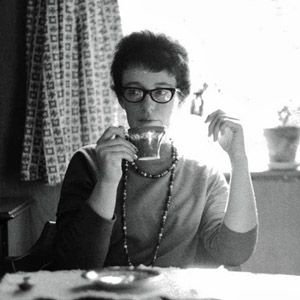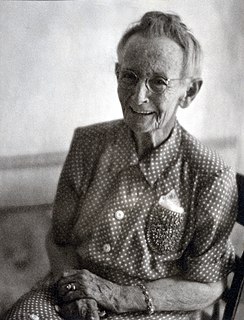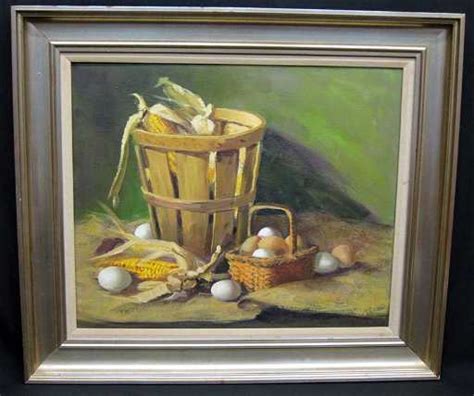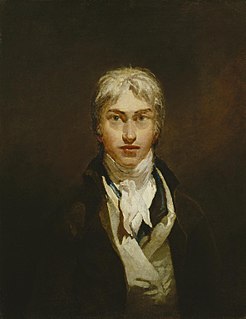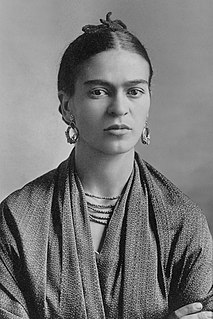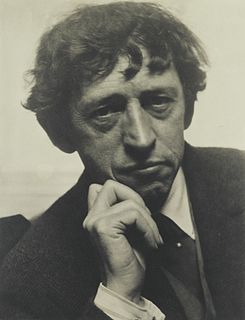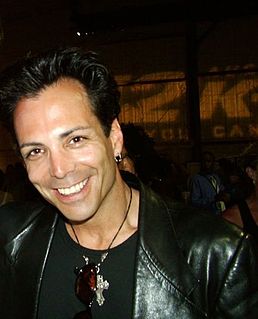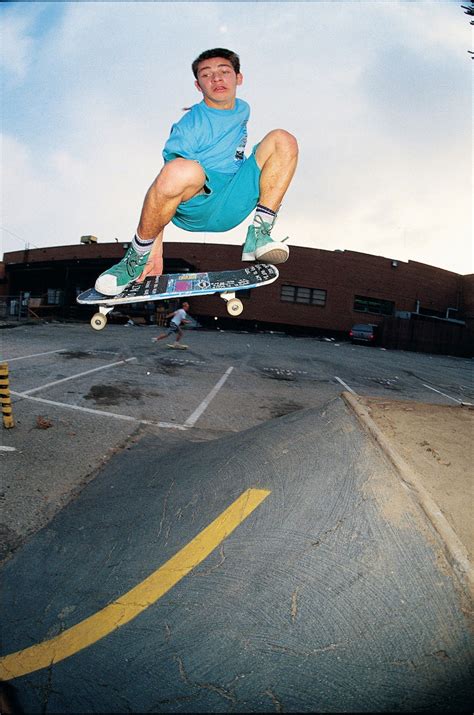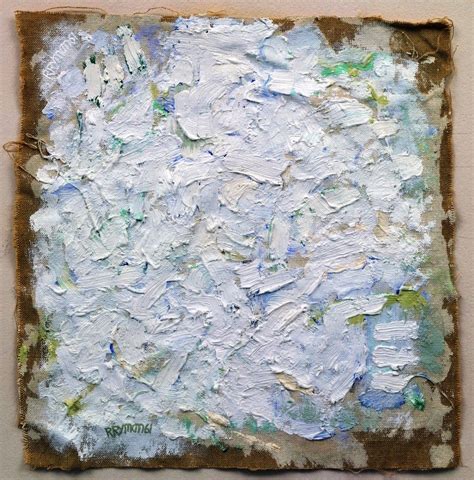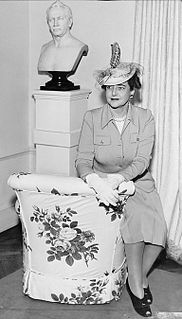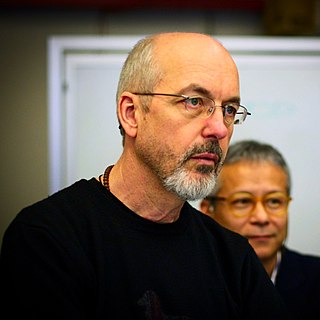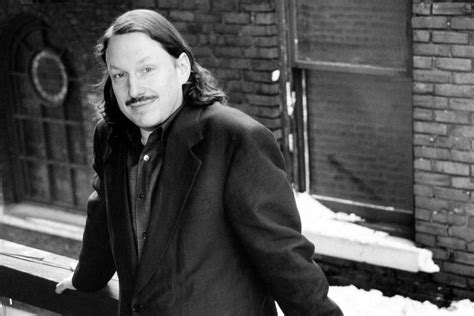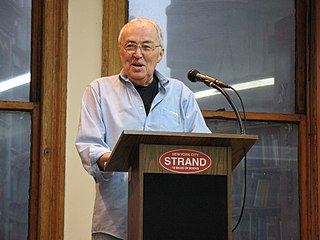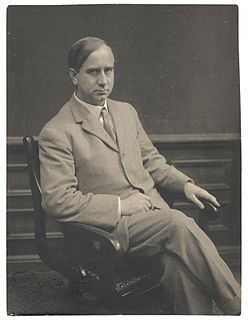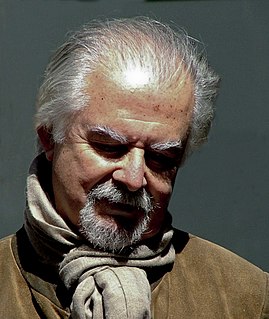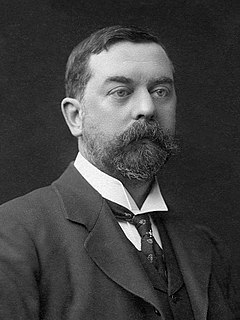Top 1200 Paint Quotes & Sayings
Explore popular Paint quotes.
Last updated on April 14, 2025.
I learned to paint at home from my mom. She was a very good teacher, but with spray paint, I taught myself. Spray paint is impossible. They say it takes a decade to really learn spray paint and be good with it. I've been at it about ten years now and am now really just getting good and confident with it.
The word 'abstract' comes from the light tower of the philosophers. One of their spotlights that they have particularly focused on 'Art'. [Abstraction was] not so much what you could paint but rather what you could not paint. You could not paint a house or a tree or a mountain. It was then that subject matter came into existence as something you ought not have.
Painting allows me to use other portions of my brain pleasurably. Irony plays no part in what or how I paint. I paint the particular subject matter not to make polemical points but because I am interested in the human imprint on the landscape. I paint the landscape of my time and place with the stuff in it.
Once, Turner had himself lashed to the mast of a ship for several hours, during a furious storm, so that he could later paint the storm. Obviously, it was not the storm itself that Turner intended to paint. What he intended to paint was a representation of the storm. One's language is frequently imprecise in that manner, I have discovered.
